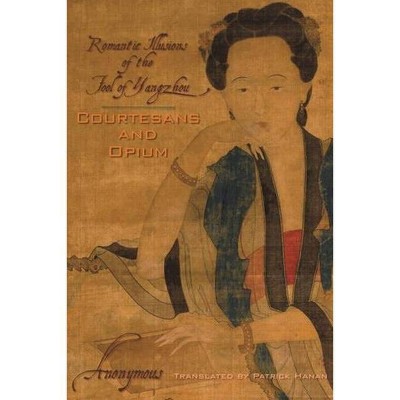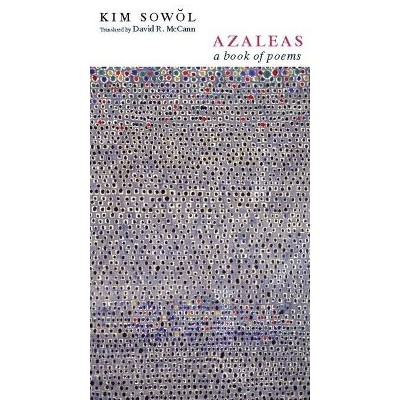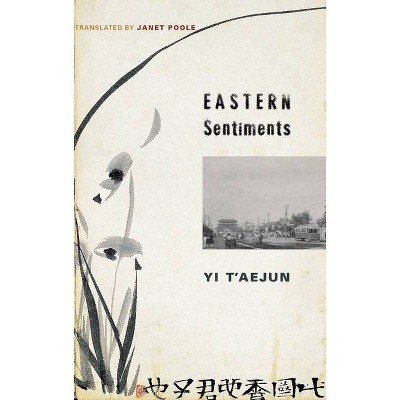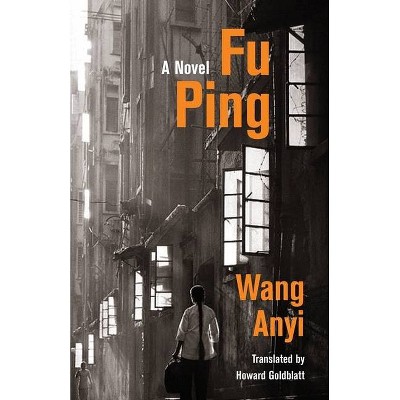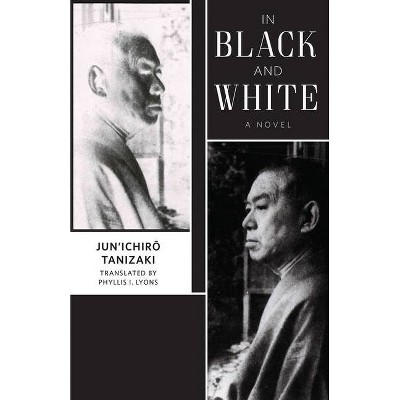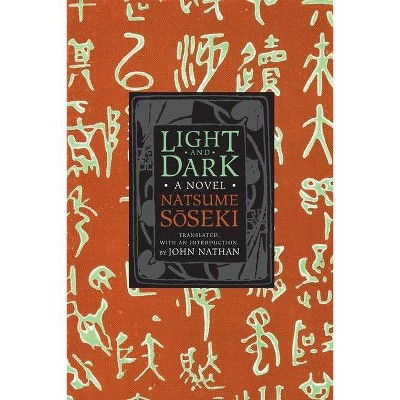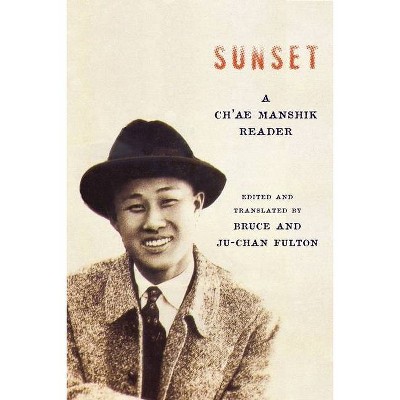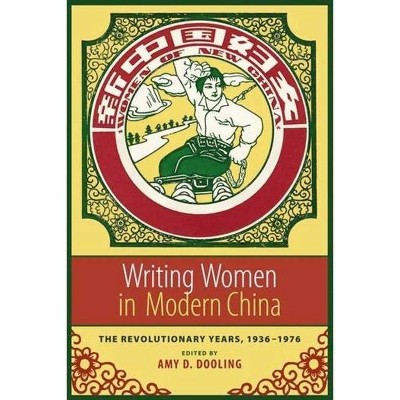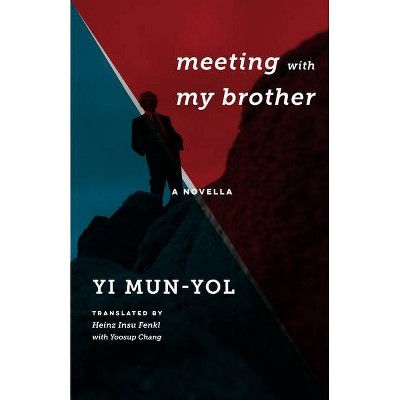History and Repetition - (Weatherhead Books on Asia) by Kojin Karatani (Paperback)
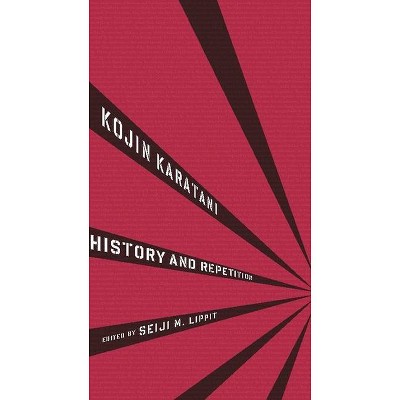
Similar Products
Products of same category from the store
AllProduct info
<p/><br></br><p><b> Book Synopsis </b></p></br></br>Kojin Karatani wrote the essays in History and Repetition during a time of radical historical change, triggered by the collapse of the Cold War and the death of the Showa emperor in 1989. Reading Karl Marx in an original way, Karatani developed a theory of history based on the repetitive cycle of crises attending the expansion and transformation of capital. His work led to a rigorous analysis of political, economic, and literary forms of representation that recast historical events as a series of repeated forms forged in the transitional moments of global capitalism.<p/><br></br><p><b> Review Quotes </b></p></br></br><br>[The essays] are not for beginners, but will intrigue, challenge, and inform students of modern Japanese intellectual history and cultural studies, .. Highly recommeded.--Choice<br><br>Karatani's intelligence is prodigious... His penetrating grasp of this world makes trenchant his concerns and makes them worthy of serious attention by all who think that modernity--as well as Japan's confrontation with and existence in it--deserves profound consideration.--Journal of Asian Studies<br><p/><br></br><p><b> About the Author </b></p></br></br>Kojin Karatani is a Japanese philosopher and founder of the New Associationist Movement (NAM). His books in English include <i>Origins of Modern Japanese Literature</i>; <i>Architecture as Metaphor: Language, Number, Money</i>; and <i>Transcritique: On Kant and Marx</i>. <p/>Seiji M. Lippit is associate professor of modern Japanese literature and culture at the University of California, Los Angeles. He is the author of <i>Topographies of Japanese Modernism</i> and editor of <i>The Essential Akutagawa</i>.
Price History
Price Archive shows prices from various stores, lets you see history and find the cheapest. There is no actual sale on the website. For all support, inquiry and suggestion messagescommunication@pricearchive.us
